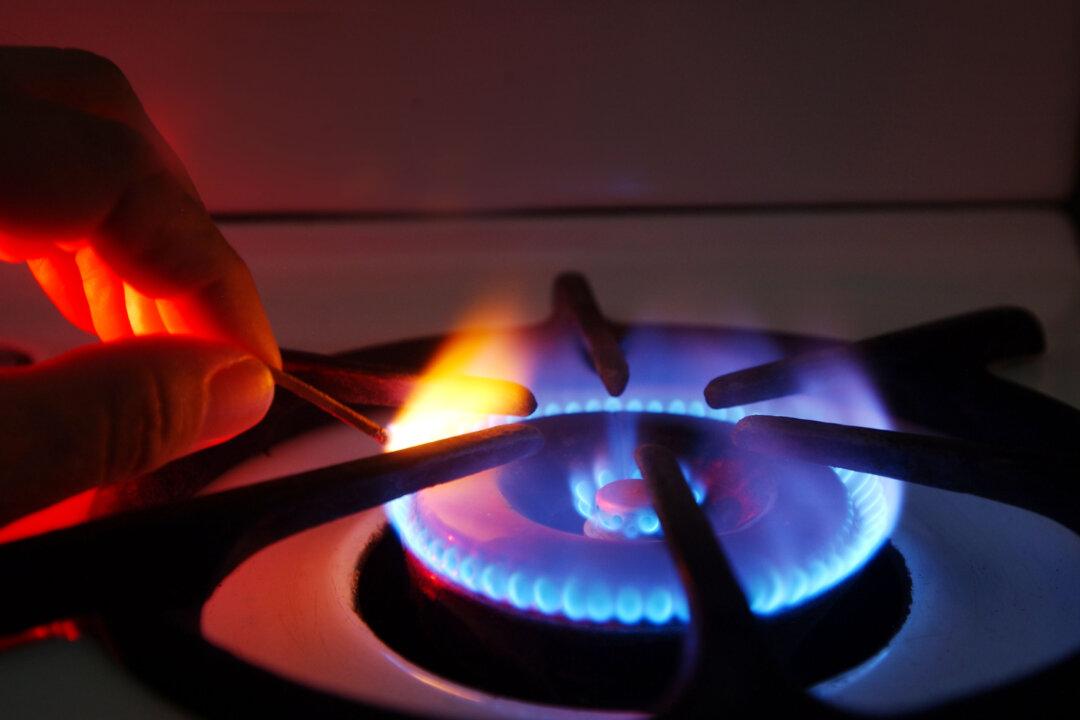The Australian oil and gas industry has called on the federal government to remove the wholesale gas price cap to prevent shortages across the country.
This comes after a recent report by the consumer watchdog indicated that southern states would be subject to significant shortages as early as 2027.





